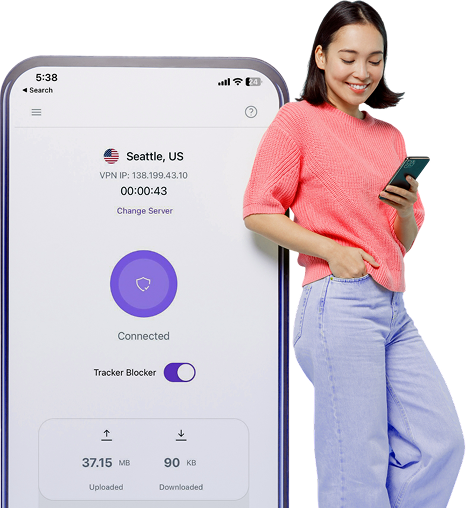The internet makes life easier, but it also opens the door to serious privacy risks. Here are some of the most common threats that can expose your personal data.
Tracking Cookies and Advertisers
Many websites use tracking cookies that follow you across the web. These files collect data on what you search, click, and buy, building a detailed profile that’s sold to advertisers. Over time, this can lead to invasive targeting, profiling, and the loss of anonymity, often without your consent.
Public Wi-Fi Risks
Free Wi-Fi at airports, cafés, and hotels is convenient, but rarely secure. Without encryption, hackers on the same network can intercept your activity, steal login credentials, or monitor your traffic. If you’re not using protection, you’re essentially broadcasting your private data to anyone listening.
Data Breaches
Companies you trust with your information such as banks, shopping apps, or social media aren’t immune to getting hacked. When they’re breached, your personal data, including email, passwords, credit card info, and more can end up on the dark web. You might not know it happened until it’s too late.
Malicious Apps and Extensions
Some apps or browser add-ons hide spyware or trackers behind useful features. Once installed, they can access your location, contacts, or even camera and microphone, without clear permission. These tools often bypass standard security settings and harvest more data than you agreed to share.
Surveillance and Data Collection
Governments and internet service providers often collect user data under the guise of security or performance. This can include your browsing history, DNS requests, and metadata. In regions with weak privacy laws, this information may be stored indefinitely or shared without notice.









